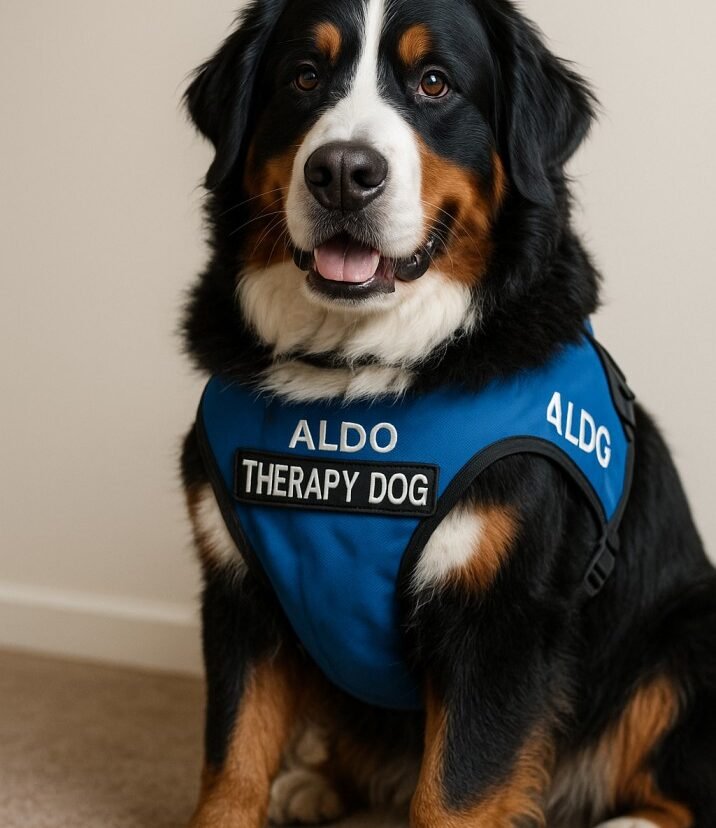Pet Friendly Homeless Shelters: A Safe Haven for People and Their Pets
Homelessness is a difficult and painful experience. For those living on the streets, their pets are often their only source of comfort, love, and security. However, many shelters do not accept animals, forcing pet owners to choose between a safe place to sleep and staying with their beloved companions. This is why pet friendly homeless shelters are becoming more essential than ever.
In this article, we’ll explore the importance of pet-friendly shelters, how they operate, where to find them, and the challenges and solutions in keeping people and pets together during a housing crisis.
🐾 Why Pet Friendly Homeless Shelters Matter
For many experiencing homelessness, a pet is more than a companion—it’s family. Studies show that 10–25% of homeless individuals have pets, most commonly dogs or cats. These animals provide:
- Emotional support and companionship
- Safety and protection on the streets
- A sense of purpose and responsibility
Unfortunately, most traditional shelters have strict no-pet policies, leaving people with an impossible choice. Pet-friendly shelters recognize this bond and offer a more compassionate and inclusive solution.
🏨 What Are Pet Friendly Homeless Shelters?
Pet friendly homeless shelters are facilities that allow individuals or families experiencing homelessness to stay with their pets. They may provide:
- Separate or designated pet-friendly rooms or kennels
- Access to food, supplies, and veterinary care
- Partnerships with animal welfare organizations
- On-site or nearby pet boarding or daycare services
Some shelters also offer pet training, vaccinations, and microchipping to promote responsible pet ownership and reduce barriers to housing.
🌍 Where to Find Pet Friendly Homeless Shelters
Although not yet widespread, pet-friendly shelters are growing in number thanks to the efforts of nonprofits, local governments, and advocacy groups. Here’s where you might find them:
✅ 1. Urban Areas with Progressive Programs
Cities like Los Angeles, San Diego, New York City, Seattle, and Austin have launched pet-inclusive shelter programs as part of their broader homelessness response.
Examples include:
- PATH (People Assisting the Homeless) – Offers pet-friendly transitional housing in California.
- The Bowery Mission (NYC) – Works with animal support services to help pet owners.
- San Diego Housing Commission – Partners with local animal organizations to provide safe shelter for pets and owners.
✅ 2. Domestic Violence Shelters
Some domestic violence shelters now offer pet-friendly spaces to support survivors who refuse to leave abusive homes without their pets.
✅ 3. Faith-Based and Nonprofit Shelters
Organizations like Catholic Charities, The Salvation Army, and Pets of the Homeless sometimes offer resources or referrals to shelters that accept pets.
✅ 4. Online Directories
Websites like:
These can help you search for pet friendly shelters by state or city.
🐶 How Do Pet Friendly Shelters Operate?
Shelters that allow pets typically follow certain guidelines to balance the needs of all residents:
- Require pets to be leashed or crated in shared spaces
- Offer separate sleeping or outdoor areas for animals
- Partner with local vets or rescues for wellness checks
- Provide pet food and supplies through donations
- Ensure pets are up to date on vaccines and well-behaved
Some facilities even employ animal care staff or volunteers to support pet needs.
🚧 Challenges and Barriers
While pet friendly homeless shelters are a step forward, they face several challenges:
🛑 Limited Funding and Space
Shelters are often already at capacity and may lack the space, staff, or funding to accommodate animals safely.
🛑 Health and Safety Concerns
Pets can pose allergy, cleanliness, or behavioral issues in group settings, especially with unvaccinated or aggressive animals.
🛑 Lack of Awareness
Many people don’t know pet-friendly shelters exist or don’t trust shelters enough to leave their animals in temporary care.
💡 Solutions and Innovations
To overcome these challenges, many communities are implementing creative solutions:
🟢 Modular Pet Housing
Mobile units or crates placed near or within shelters provide safe, private spaces for pets while keeping them close to their owners.
🟢 Collaboration with Animal Welfare Groups
Organizations like RedRover, Best Friends Animal Society, and ASPCA are helping fund, design, and staff pet-inclusive shelter spaces.
🟢 Pet Support Programs
Services such as free vet care, vaccinations, grooming, and training are offered to homeless pet owners to reduce risks and improve pet health.
❤️ Final Thoughts: Keeping People and Pets Together
When asking “Are there pet friendly homeless shelters?” the answer is a growing yes—but more work needs to be done. These shelters provide not just safety and support, but also dignity for people who view their pets as family. By expanding pet-friendly programs and increasing awareness, we can build a more humane, inclusive system that doesn’t force anyone to choose between a warm bed and their best friend.
If you’re in need or want to help, consider:
- Volunteering or donating to a pet-friendly shelter
- Supporting policies that fund these programs
- Sharing resources with those in crisis
Together, we can help keep families—human and animal—together, no matter their housing situation.








Leave feedback about this